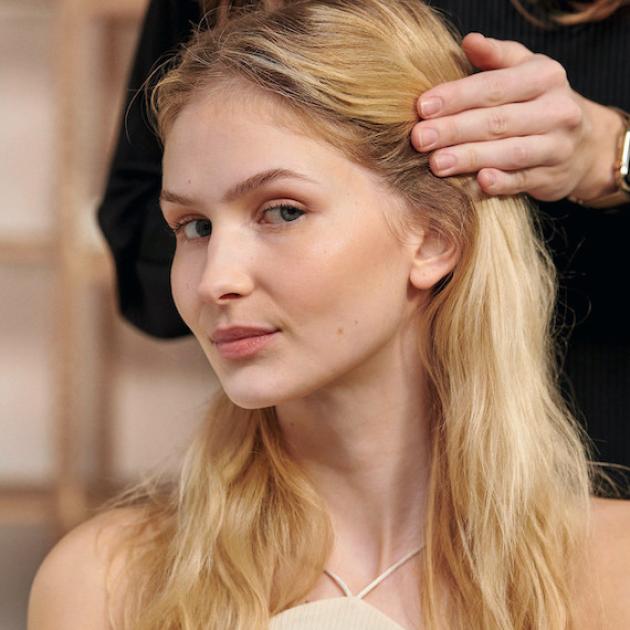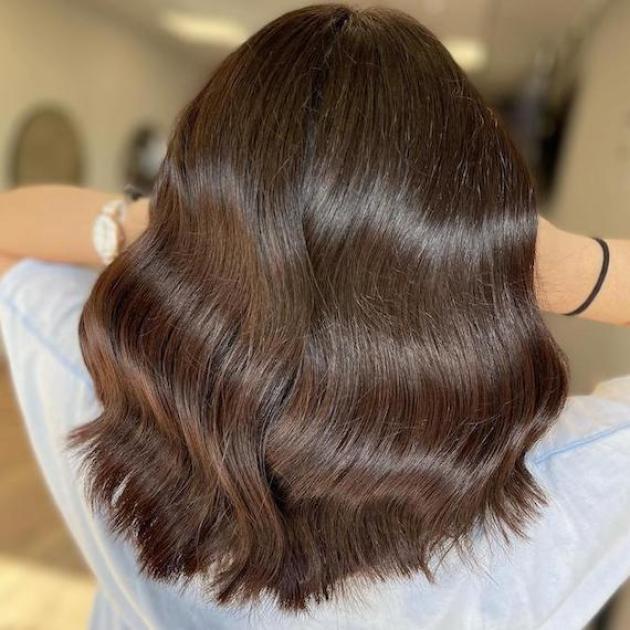What's the Difference Between Dandruff and a Dry Scalp?
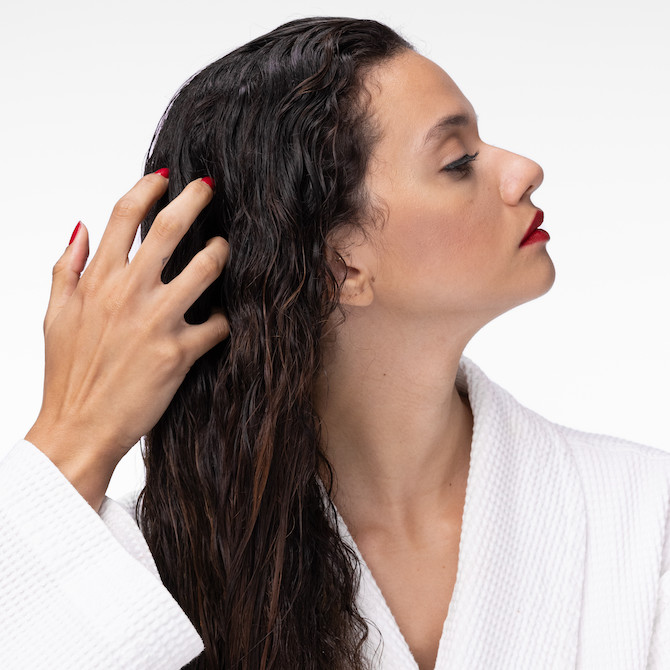
A dry, itchy scalp and dandruff are more common than you might think – but those irritating flakes aren't always caused by the same culprits. Sometimes they're oily, sometimes they're dry, and sometimes you'll see a mix of the two. So, whether it's your own scalp or a client's you're dealing with, let's break down the dandruff vs. dry scalp advice you need to know.
Dandruff vs. Dry Scalp: How to Tell the Difference
A dry, flaky scalp is a type of dandruff, so in some ways there is no difference. However, not all dandruff is dry; it can also be oily and sticky, leaving you or your clients with greasy hair. So, how do you determine what type of dandruff you're dealing with? These are the common symptoms to look out for...
What is Dry Dandruff?
Just like the skin on your face and body, the skin on your scalp is prone to dryness, and in some cases, this can lead to flaky skin – also known as 'dry dandruff'. Sometimes, the only sign of dandruff will be a few flakes on the hair and shoulders, but if the scalp is really irritated, there may be itching and redness too. The flakes are simply dead skin cells that are shedding from the scalp, and the faster the shedding happens, the more severe the dandruff can be.
So, it May be Dry Dandruff if...
- The scalp has white flakes that are small and dry.
- The scalp feels itchy and tight.
- The skin may look red and inflamed.
- There's dry skin on other parts of their body.
What Causes a Dry Scalp?
Just as there are a range of reasons why you or your client might deal with dry skin, there are a number of causes of a dry scalp, all linked back to a lack of oil and hydration. These include...
Too-Harsh Hair Care
Harsh hair products, like clarifying shampoos or alcohol-heavy hairsprays, can strip the scalp of the essential oils it needs to stay healthy and hydrated. Too frequent shampooing could also be the culprit behind dry dandruff flakes, so anyone suffering should look for ways to add moisture to their everyday routine.
Eczema or Scalp Psoriasis
Eczema and psoriasis don't just appear on the face and body; these chronic conditions can also flare up on the scalp to leave it dry and flaky. (They can cause oily dandruff, too.) When a long-term skin concern is at the root of dandruff, it's important to speak to a doctor or dermatologist, who may prescribe topical medications to clear up irritation.
Sensitive Skin
Some of us simply have sensitive skin. It can be genetic, meaning the scalp is vulnerable to itchiness and flaking from day one. But just because a dry scalp is in someone's DNA doesn't mean they can't fix it. By reaching for gentler hair care products, a tight, itchy scalp can be managed and soothed.
Dry Weather
Is dry dandruff worse in the winter months? Then cold weather could be the culprit. When the temperatures plummet and the air is dry, the scalp can be thrown off balance. This change doesn't just affect the skin, but it can leave the hair dry and brittle too, so a root-to-tip moisturizing routine is needed.

What is Oily Dandruff?
A flaky scalp could mean you're dealing with dry skin, but dandruff can also appear on an oily scalp. This is a mild form of seborrheic dermatitis, a common condition that causes scaly patches when there's a build-up of sebum. The resulting flakes are often oily, sticky, and accompanied by greasy hair, meaning you need a gentle yet purifying regimen to bring balance back to the scalp.
So, it May be Oily Dandruff if...
- The scalp flakes are oily and sticky rather than dry.
- These oily flakes are large and yellow or white in color.
- The scalp as a whole feels oily and hair is prone to greasiness.
- The scalp itches and feels irritated.
What Causes Oily Dandruff?
Oily dandruff, or seborrheic dermatitis, is caused by an overproduction of sebum which, combined with the shedding of dead skin cells, can lead to sticky flakes. It's not known exactly what triggers the condition, but some of the risk factors are thought to be...
Stress
Ever wondered why the flu always seems to strike when you're busy and burning out? Stress can weaken your immune system, and it doesn't just leave you prone to infections. It also affects your skin's ability to regulate the natural microbes that exist on your scalp, including Malassezia globosa, a fungal microbiota that causes dandruff when it goes into overdrive.
Hormonal Changes
Just like stress, hormonal changes can have a negative impact on your immune system, and oily dandruff may become one of the side effects. Our levels of different hormones can fluctuate over time, whether that's due to our mood (stress included), diet, medication or the stage of life we're in.
Oily Skin
Naturally oily skin can be genetic, so if a greasy scalp is a long-term problem, it may be a hereditary condition. At times when the oiliness gets worse, and the scalp also becomes irritated, sticky visible flakes can start to appear.
Product Build-Up
Product build-up doesn't cause seborrheic dermatitis, but it can add to the appearance of oily flakes on the scalp. When too many rich creams, deep conditioners and serums are used, they can leave behind a greasy, sometimes flaky residue. But the texture of the products isn't always the culprit; it may also be that hair isn't washed thoroughly or often enough, so hair care products start to stick to the roots.
How to Treat Dandruff
Depending on whether it's mild or severe dandruff affecting you or your client, prescription strength products may be needed to keep the symptoms of dandruff, like flaking skin, at bay. Anyone dealing with stubborn flakes, eczema, psoriasis patches or other skin conditions should visit their doctor, so they can figure out a treatment plan that leaves the most stressed scalps soothed and balanced.
But there are also steps that can be taken at home to support a healthy scalp, starting with how and when hair is shampooed. If you're seeing dry flakes, a gentle shampoo is a must to tend to an irritated scalp. Try INVIGO Balance Senso Calm Sensitive Shampoo, which is fragrance-free and contains soothing allantoin. Meanwhile, for an oily scalp, consider a shampoo with exfoliating salicylic acid, like INVIGO Balance Aqua Pure Purifying Shampoo. Washing with it every other day – or alternating with Senso Calm Sensitive Shampoo – will leave the hair and scalp looking and feeling fresher.
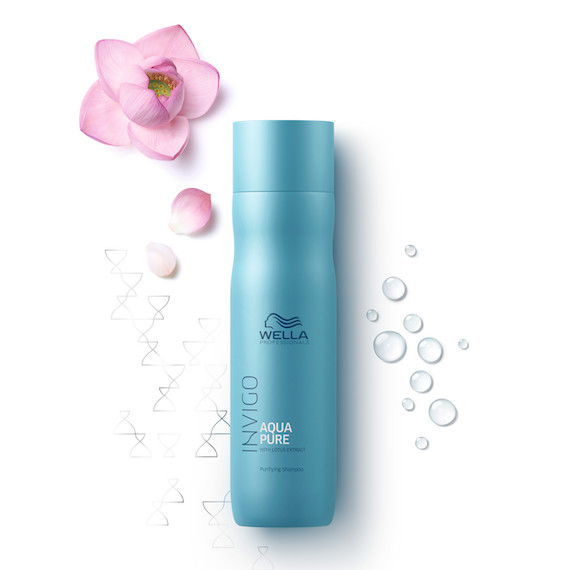
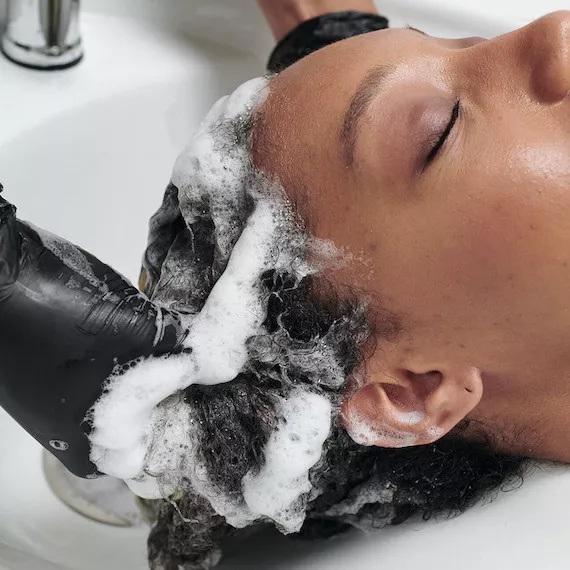
Your Dry Scalp and Dandruff FAQs
Can Dry Skin Cause Hair Loss?
Mild dandruff won't cause hair to fall out, but those with long-term, chronic dandruff may scratch and pick at their scalp, leading to breakage and thinning. So, while dry skin and dandruff on their own aren't causes of hair loss, those itchy side effects could have an impact on how thick hair looks and feels.
Does Dry Dandruff Cause Dry Hair?
The natural oils that keep hair hydrated travel down from the follicles and past the scalp, so when the scalp is dry, the lengths of hair are likely to crave moisture too. If that's the case for your hair, or for your client's hair, reach for a hydrating mask. Our go-to is ULTIMATE REPAIR Mask, which tracks down areas of damage through the lengths to deliver targeted nourishment.
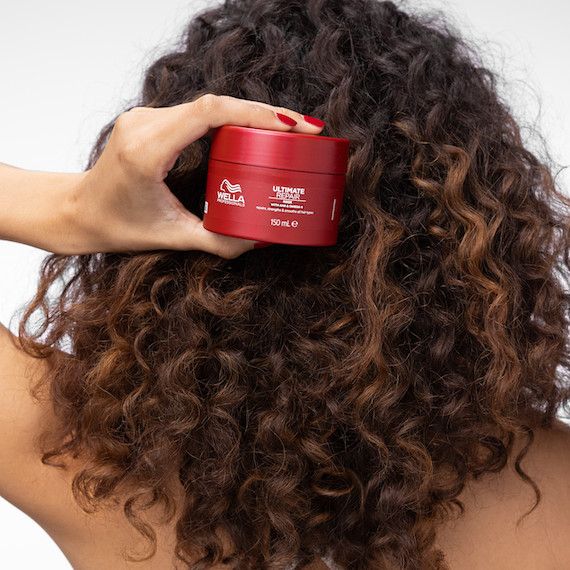
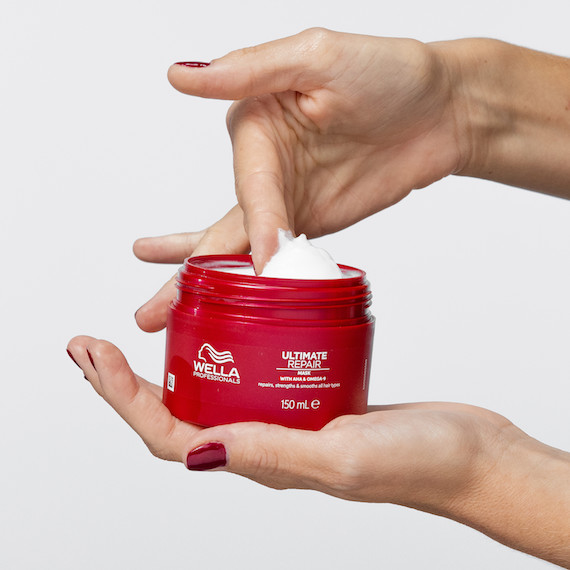
Does a Dry Scalp and Dandruff Ever Go Away?
Both a dry scalp and oily dandruff are treatable with the right regimen, so if you're battling flakes, keep consistent with soothing shampoos .Simply shampooing less often can have a big impact on dry skin, which is why, if you usually wash daily, you should try stretching out the gap between hair wash days. If after using an anti-dandruff shampoo for a few weeks you're still not seeing results, it might be time to visit a dermatologist to explore other treatment options.
Looking for more ways to care for hair? Discover our complete collection of Hair Care Guides, featuring tips for every type and concern.


